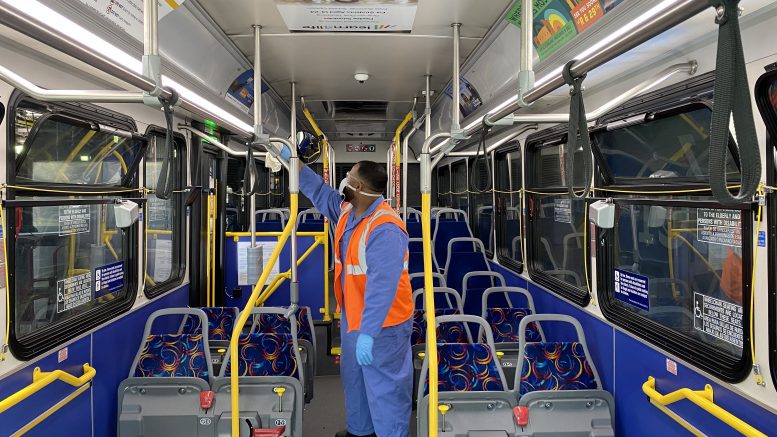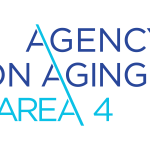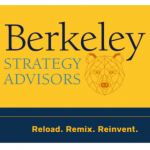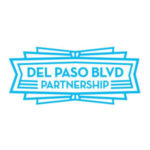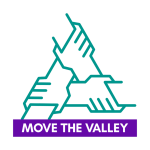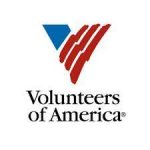A Q&A with SacRT Safety Specialist Stephen McCabe
As a safety specialist, what does your job entail?
It’s everything from environmental compliance, [which is] protection of soil and water, tracking chemical use and disposal … [to] safety, which is to preventing injury to workers and the public.
What do you enjoy most about working in your position for SacRT?
The variety. It’s not the same job on a day-to-day basis. … Being able to analyze and problem solve, those are the things that are rewarding about the job.
What new safety challenges has COVID-19 created for SacRT and its riders?
Getting PPE ended up being a big challenge and continues to be a high-priority activity for us. Lately, government agencies—the Federal Transit Administration and the California Office of Emergency Services—have both been great as they get personal protective equipment, they provide it to us and share it with us and other transit agencies.
The next thing (we’re tackling) is complacency. When (the pandemic) first started, everybody feared everything and … we were very eager to comply. As time wears on, we all have that normalization that takes place where we all start taking that risk for granted. As a result of that, keeping people aware has been a bigger challenge to get people to stay with it.
In your professional opinion as a former paramedic and as a safety specialist, what can riders do to help ensure both their own safety and the safety of others?
The best thing is honestly to wear a mask. We have our vehicles marked with restricted seating or reduced seating to provide for physical distancing—please respect that.
We’re making masks available to the public. Both the FTA, the Federal Transit Administration and the California OES have (donated) a lot of masks. We’ve received about 50,000 and we’ve been putting those out for the public on light rail vehicles and buses.
Why is it important to keep services up and running for the community?
Keeping (Sacramento Regional Transit District) open for people who really need (public) transportation is key not just to those individuals, but to the services and products they provide, which can be anything from a grocery worker, a health care worker, anyone else. If you take away their ability to get to work, that’s one less service or one less provider that’s out there and it can have a trickle-down effect and impacts everyone else.

